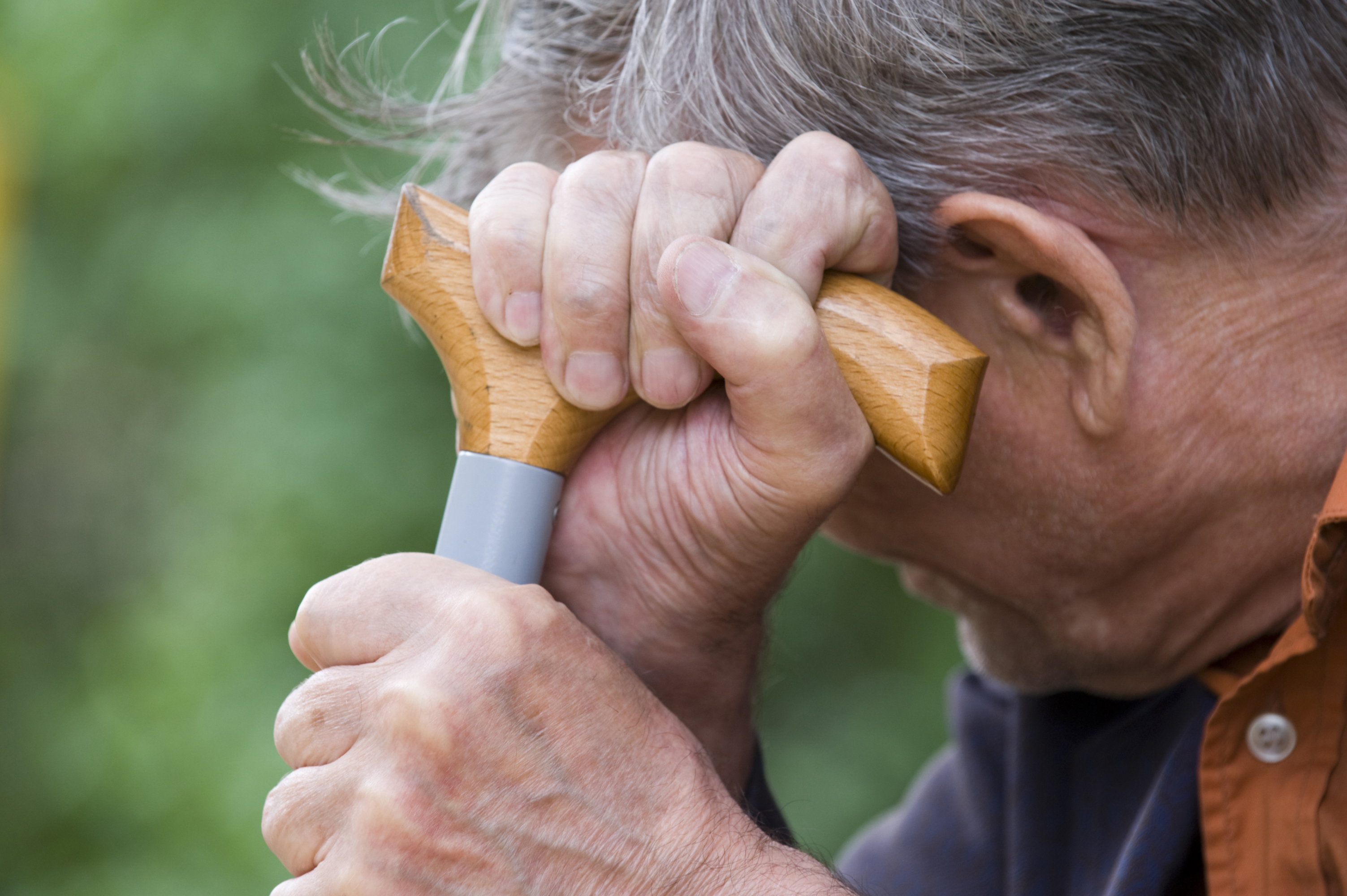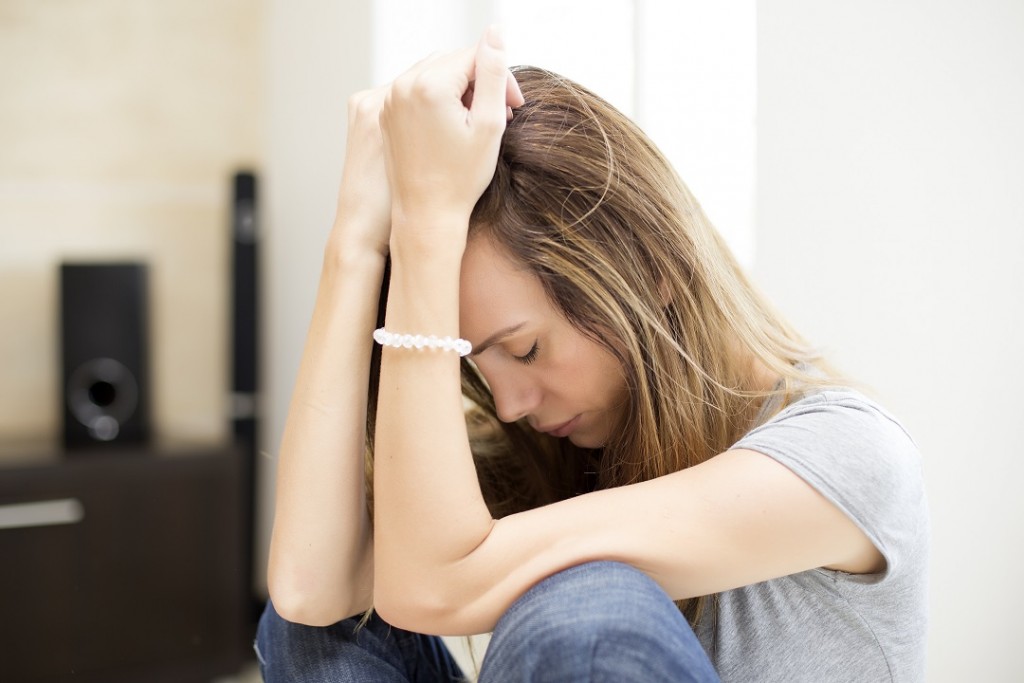
Symptoms of mental illness in older adults are often easy to overlook as a result of dismissing them as symptoms of aging. However, mental health treatment is just as important for elderly individuals as it is for younger adults. Currently, mental illness affects roughly 20 percent of adults over the age of 50. As a caregiver or family member, it’s important to know the signs of common mental illnesses such as depression, anxiety and PTSD in order to get your loved ones the care they need when they need it.
Mental health in older adults
The topic of mental health often circles around younger generations, as the discussion of mental health is one that younger people are more comfortable and used to talking about. However, just because younger generations are more vocal about mental health does not mean that older generations are any less susceptible to struggling with a mental disorder of some kind.
While anyone of any age might develop any kind of mental health disorder, the most common ones seen in the older generations include depression, anxiety disorders, bipolar disorders and eating disorders. Knowing the signs of each can help you determine when and if your loved one is in need of help.
Common mental health disorders in older adults
Depression
Depression is among the most prevalent mental illnesses affecting older adults and is unfortunately often disregarded as a side effect of aging. However, symptoms of depression are not a normal part of the aging process, but indicative of mental distress. Common risk factors include genetics, personal history, stress and medical conditions which make everyday living difficult.
Consider a psychological examination if an elderly person in your life has experienced the following symptoms for more than two weeks:
- A persistent sense of sadness, hopelessness or “emptiness”
- Restlessness or irritability
- Fatigue or lack of motivation
- Changes in dietary habits and weight fluctuations
- Thoughts of suicide or death
- Unexplained aches and pains
Growing old is challenging enough as it is; it’s important to make sure our loved ones are not alone in any mental health battle they may be experiencing as their bodies age.
Anxiety disorders
Anxiety disorders affect up to 20 percent of older adults, a condition which can severely negatively impact their lives. Of the individuals affected, nearly half share symptoms of depression as well. Generalized anxiety disorder typically results in feelings of worry or dread in everyday life, even if there is no rational cause for distress.
Other types of anxiety disorders an older adult may experience include:
- Phobias – Irrational fear of objects or experiences that pose little to no real danger, such as socializing, specific animals, heights and enclosed spaces
- Post-Traumatic Stress Disorder (PTSD) – Distress caused by the memory of a traumatic event, resulting in flashbacks, panic attacks, and sometimes violence
- Obsessive Compulsive Disorder (OCD) – Engaging in behavior or rituals to suppress recurring obsessive thoughts (hand washing, counting, tics, etc.)
- Panic Disorder – The sudden onset of panic attacks, which include physical symptoms such as heart palpitations, shortness of breath, dizziness and abdominal distress
Anxiety disorders are challenging to handle at any age, but with the right treatment, can be addressed and healthy coping mechanisms formed.
Bipolar disorders
Contrary to popular belief, bipolar disorders do not disappear with age and late-onset bipolar disorder is not uncommon. If untreated, symptoms can worsen and significantly decrease one’s quality of life, not to mention pose a danger to the individual battling the disorder.
Generally, elderly adults with bipolar disorder don’t experience the typical manic swings seen in younger patients. Instead, symptoms include irritability, agitation and confusion. In some cases, older patients experience symptoms of depression and mania at the same time. What this means is that bipolar disorder may not be as obvious as expected, but still needs to be treated in order to be properly handled.
Eating disorders
Most people associate eating disorders with teens and young adults. However, they also affect older adults, though the risk factors are different. Eating disorders in elderly individuals often result from depression or grief. As older adults lose friends and family to disease and aging, they often change dietary habits as a coping mechanism to deal with the grief. Symptoms include rapid weight loss or gain, changes in behavior at mealtimes, excessive use of diet pills and supplements, and missed meals.
If you notice inexplicable changes in your loved one’s eating habits, it may be cause for concern. Consider having a conversation with them to uncover the root of the problem and then get them the appropriate intervention they may require.
Are mental health services offered for older adults?
Of course! No one, no matter their age, should be denied mental health treatment, including our beloved older generations.
For this reason, numerous mental health treatment centers have programs for older adults that include support groups, one-on-one counseling sessions and family therapy. Regardless of what mental health disorder your loved one may be experiencing, the right guidance and treatment are available to them.
At High Focus Centers, our mental health treatment programs help older adults overcome mental illness, guide them in coping with aging changes and even offer support to their families. To learn more, contact High Focus Centers by calling our offices at 800-877-3628 or visiting our website to get in touch with someone today.
Recent Posts
- The Importance of Early Intervention in Mental Health Issues
- Understanding School Clearance Notes and Risk Assessments: What New Jersey Families Need to Know
- Coping Skills for Stress: Effective Ways for Young Men to Manage Stress in Daily Life
- What to Know About Out-of-State Addiction Treatment Therapy and Mental Health Disorder Treatment
- The Importance of Alumni in Recovery: Peer Support and Helping Others Through the Journey




